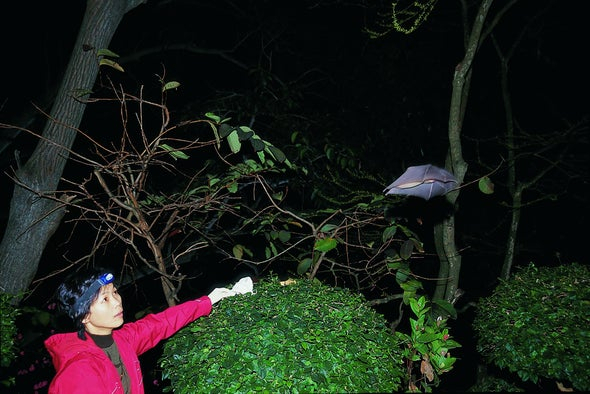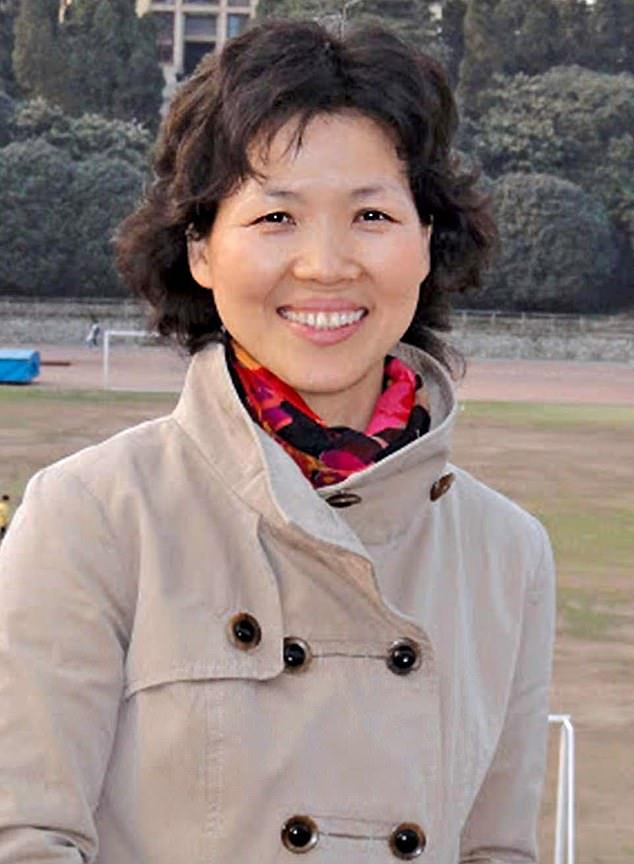Chinese health officials were extremely worried when they sent samples of what appeared to be a new virus to the "bat woman"- Shi Zhengli, an expert on coronaviruses in bats at the Wuhan Institute of Virology- on December 30, 2019. By the time Shi started analysing these samples, COVID-19 was spreading rapidly in China, and within months the outbreak turned into a pandemic, infecting over three million people and resulting in more than 240,000 deaths.
Now the same lab became the centre of debate as many claimed that the novel Coronavirus has escaped before infecting millions of people. The US' Department of Education has started an investigation on the links between America's University of Texas and the Chinese lab.
Recently, as per Australian Daily Telegraph, the 15-page dossier prepared by an intelligence-sharing coalition of the US, UK, Australia, New Zealand and Canada, known as "Five Eyes" alliance suggested that the new Coronavirus could have escaped from Shi's lab, citing that a lack of security protocols is the reason behind its escape. But can all these issues and allegations stop Ship's research work on animal born Coronavirus?
Coronavirus in China

Even though earlier Shi said, "I promise with my life that the virus has nothing to do with the lab," in March she told Scientific American that several times she asked herself, "Could they have come from our lab?".
Last week reports claimed that the Shi left China taking years of confidential research on bat Coronaviruses with her to the US Embassy in Paris. Soon, the researcher denied the claims on WeChat and posted nine pictures of herself in Wuhan on Saturday. She said, "We've done nothing wrong. With a strong belief in science, we will see the day when the clouds disperse and the sun shines."
It should be noted that Shi has been studying the bats in Southern of China since 2004 but the breakthrough came in 2013 when she collected samples of bat faeces from a cave in Yunnan province. These samples contained a virus that was 96.2 percent identical to SARS CoV-2, the virus that caused COVID-19. Her team then worked on to alter parts of the virus in order to analyze whether they could be transmitted from one species to another.
In 2015, Shi's lab reached the final result that the SARS-like virus could jump from bats to humans and that there was no known treatment. Ralph Baric, a co-author on the 2015 study from the University of North Carolina told Science Daily, "This virus is highly pathogenic and treatments developed against the original SARS virus in 2002 and the ZMapp drugs used to fight Ebola fail to neutralize and control this particular virus."

Wuhan institution of virology
US diplomats and scientists who visited the Wuhan lab warned about poor safety protocols the lab where scientists have been studying deadly pathogen and it stores more than 1,500 strains of deadly viruses.
The officials send a diplomatic cable dated January 19, 2018, to Washington which revealed that during the interaction between US officials and Wuhan scientists at the lab, they noted that the scientific infrastructure has a serious shortage of trained technicians and investigators needed to safely operate this high-containment research laboratory.
Recently, US President Donald Trump the top critic of China, said that he had seen evidence linking the COVID-19 to a Wuhan lab after US intelligence officials confirmed that they were looking into whether the virus had escaped from a secured facility or not. Despite probes into whether her lab is responsible for the outbreak, Shi said she is forging ahead with her research, which she argues as more important than ever in preventing a new pandemic.
Shi also revealed that she has plans to conduct a nationwide project to systemically sample viruses in bat caves as she has estimated that there are over 5,000 Coronavirus strains "waiting to be discovered in bats globally." In addition, she also told Scientific American that "Bat-borne coronaviruses will cause more outbreaks," so "we must find them before they find us."









